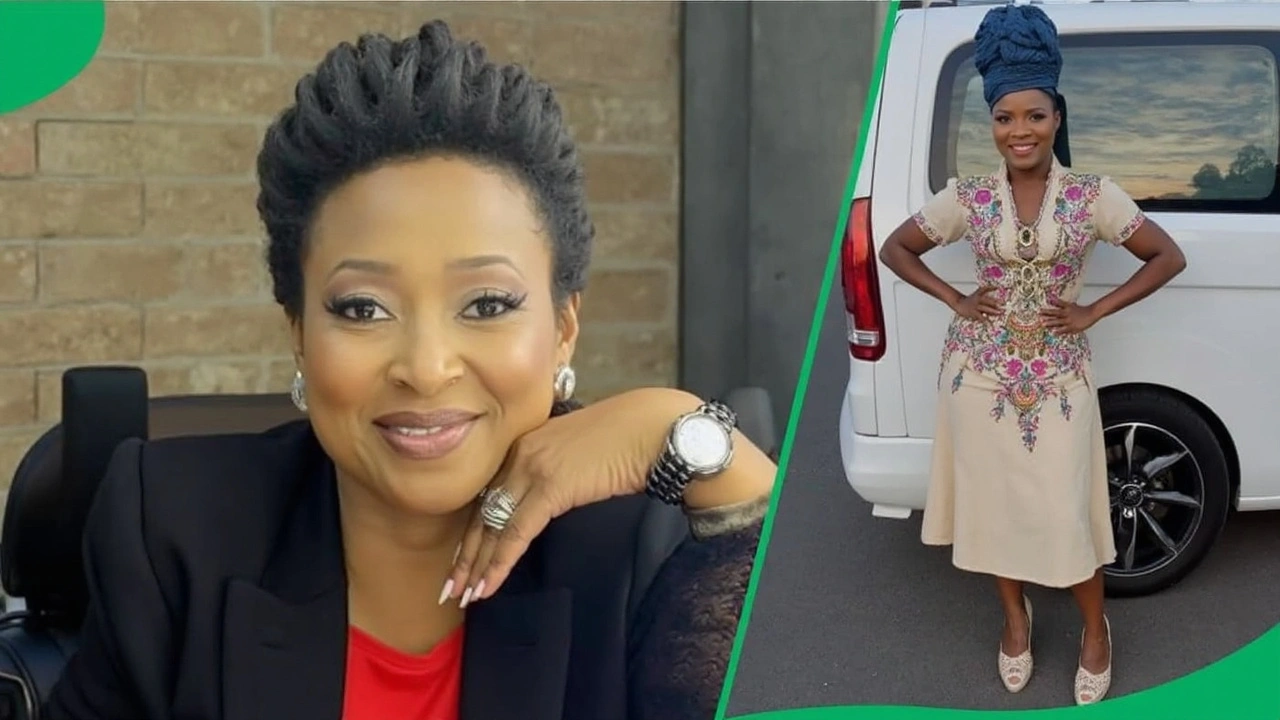Traditional Wedding Guide: African Customs, Rites & Practical Tips
Traditional weddings are the heartbeat of many African communities. They blend family, law, music and ritual in a single day — sometimes over several. If you're planning, attending or reporting on one, this page gives clear, practical steps to understand what happens and how to behave.
The bride price (lobola, dowry or similar) matters in many cultures. It is not a sale. It is a formal exchange that shows commitment between families. Expect negotiation, elders speaking, and a list of items or cash agreed in advance. Tip: confirm the agreed amount and timeline in writing so there are no surprises.
Ceremony elements change by region but share core roles. Elders open with blessings. Families present gifts and welcome the new spouse. Rituals can include libations, hair braiding, blanket swapping, or ring exchanges. Ask the host which parts are public and which are private. If you are covering the event as a journalist, get permission before filming rituals.
Clothing matters. Traditional fabrics like kente, Ankara, shweshwe and beadwork carry meaning. Colours can signal family or clan ties. Guests should follow the dress code and avoid wearing white in cultures where that is reserved for the bride. Practical idea: rent or buy from local artisans to support the community and get authentic attire.
Food and music bring people together. Expect a communal feast with a mix of local dishes. Music ranges from drumming and choirs to DJs mixing modern hits. Plan catering around the number of guests, and book musicians who know the right songs for key moments like the entrance and the first dance.
Legal and administrative steps often run alongside traditions. In several countries you must register the marriage with civil authorities even after a traditional ceremony. Check local rules early to avoid delays. If you need witnesses for registration, arrange that with family or the celebrant.
Before the wedding
Start family talks early. Map out who speaks when and which rituals are essential. Set a realistic budget that separates traditional costs from ceremony extras. Book suppliers who have worked at traditional weddings before. Walk the venue with elders so they can point out spots for rituals.
Dos and don'ts for guests
Do arrive on time and bring the requested gift or contribution. Do dress modestly and follow colour guidance. Do listen to elders and follow seating directions. Don't assume you can photograph every moment. Don't interrupt a blessing or negotiation. Ask before giving money on stage; some cultures prefer discreet gifts.
If you are a planner or journalist, build relationships with community leaders. A short meeting before the event clears expectations and avoids mistakes. Traditional weddings are rich, emotional and social. With a little respect and preparation, you can take part without causing offense and help make the day run smoothly.
Planning tip: assign a family member to coordinate arrival times, payments and vendor contact. Keep a short timeline of key moments and share it with elders and vendors. Save contact numbers for translators or cultural liaisons if needed. Always.

